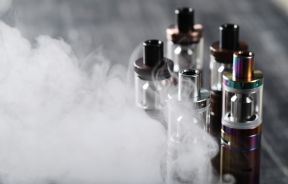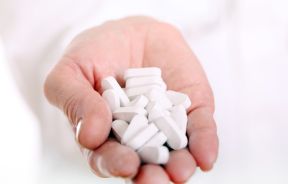Parkinson's Patients Perform Better When They Think They're Taking Expensive Drugs (They're Not)

Expensive drugs matter, according to a new study published in the journal Neurology.
Twelve patients with Parkinson’s disease received two shots of the same drug treatment, where the second shot was given after the first wore off. Patients were told the shots were similar in effectiveness but not cost: one shot cost $100 per dose, while the other cost $1,500. In reality, each shot was a saline solution.
The purpose of this was to see if a patient’s perception of the cost of the drug would affect their placebo response. This response, otherwise known as the placebo effect, is often used to measure and observe health improvements not attributable to medication.
Before and after receiving their shots, patients completed tests measuring their motor skills, as well as brain scans. Researchers found patient’s motor skills improved by 28 percent when they thought they received a more expensive drug first compared to when first being administered the “cheap” drug. For one test in particular, patient’s scored seven points higher in comparison to only three points when thinking they received the expensive drug before the cheaper one.
"Patients' expectations play an important role in the effectiveness of their treatments, and the placebo effect has been well documented, especially in people with Parkinson's disease," Dr. Alberto J. Espay, study author of the University of Cincinnati in Ohio and a Fellow of the American Academy of Neurology, said in a press release.
However, Espay explained the placebo response in people with Parkinson’s disease may be greater because the disease decreases the brain’s dopamine levels; the placebo effect increases the release of this pleasure hormone.
When patients learned the study’s true intention (they were led to believe the study was proving drugs were effective no matter the cost), eight admitted they had greater expectations for the “expensive” drug and were amazed how much their expectations influenced their results. The remaining four, Espay said, said they didn’t have any expectations and also showed little overall changes.
"If we can find strategies to harness the placebo response to enhance the benefits of treatments, we could potentially maximize the benefit of treatment while reducing the dosage of drugs needed and possibly reducing side effects," he said.
It’s worth noting this study was scrutinized by the University of Cincinatti, since patients were technically received. The review board found it complied with federal research regulations and “that the deception would have no adverse effects on the rights or welfare of the participants.”
Source: Espay AJ. Does getting ‘expensive’ drug affect how much patient benefits? Neurology. 2015.



























